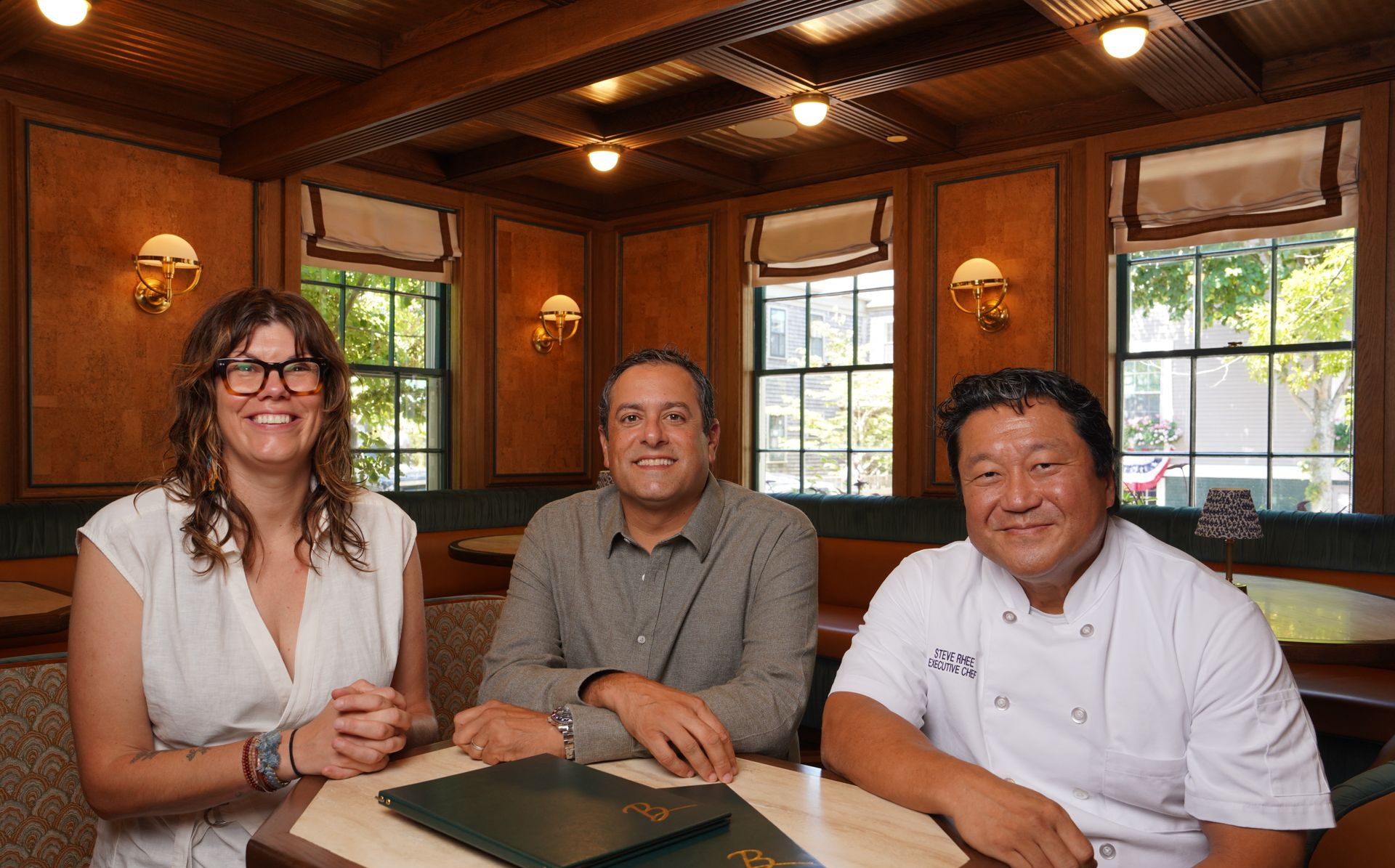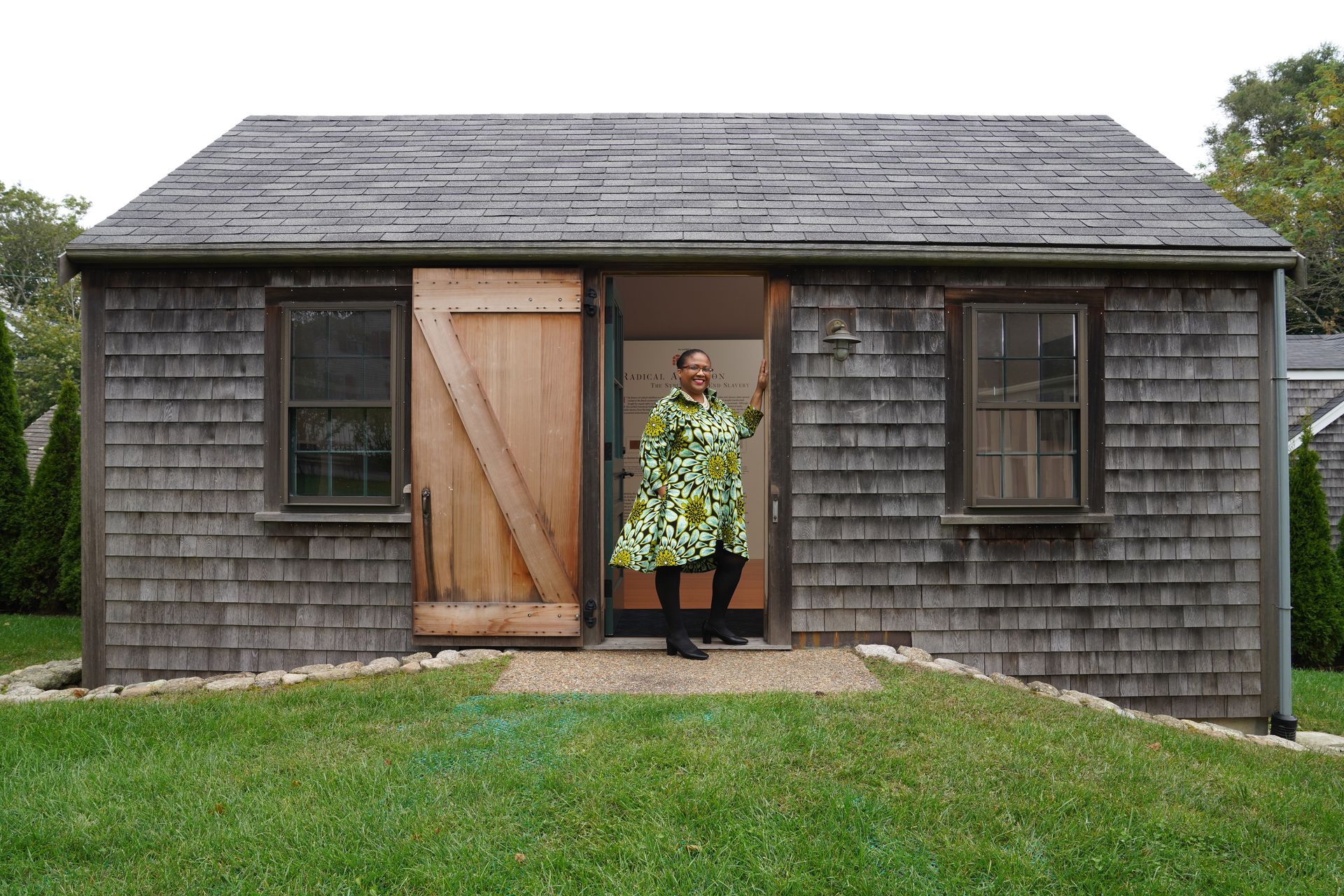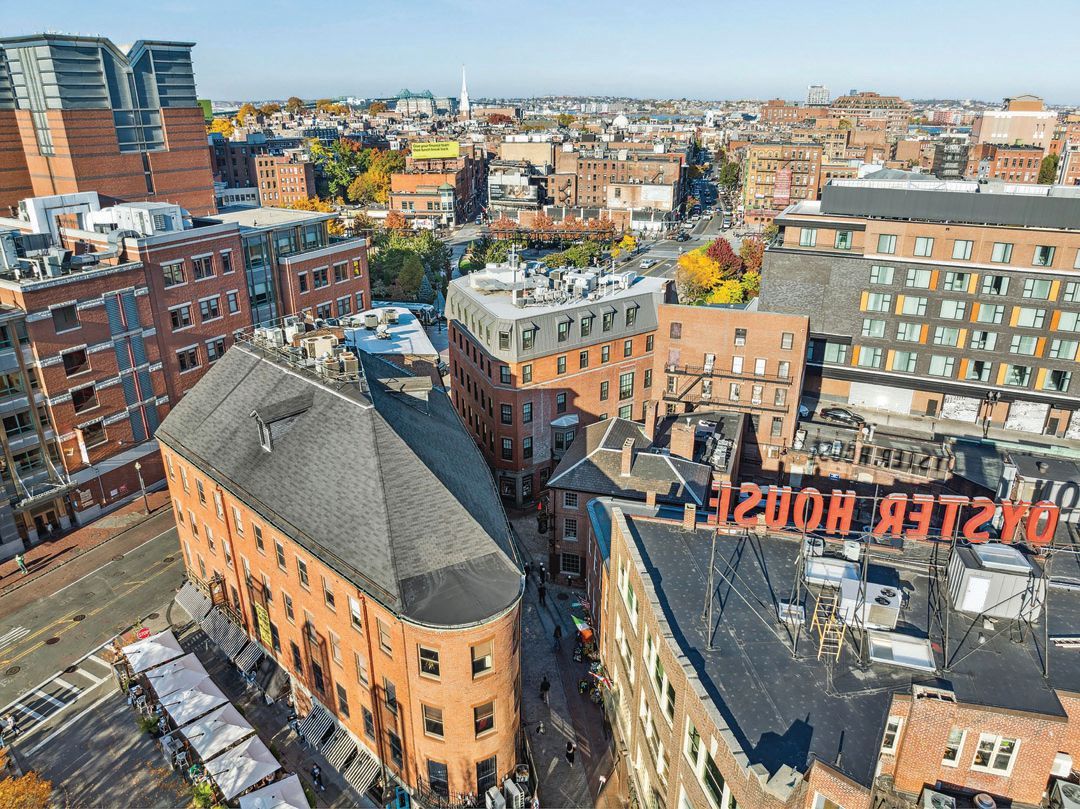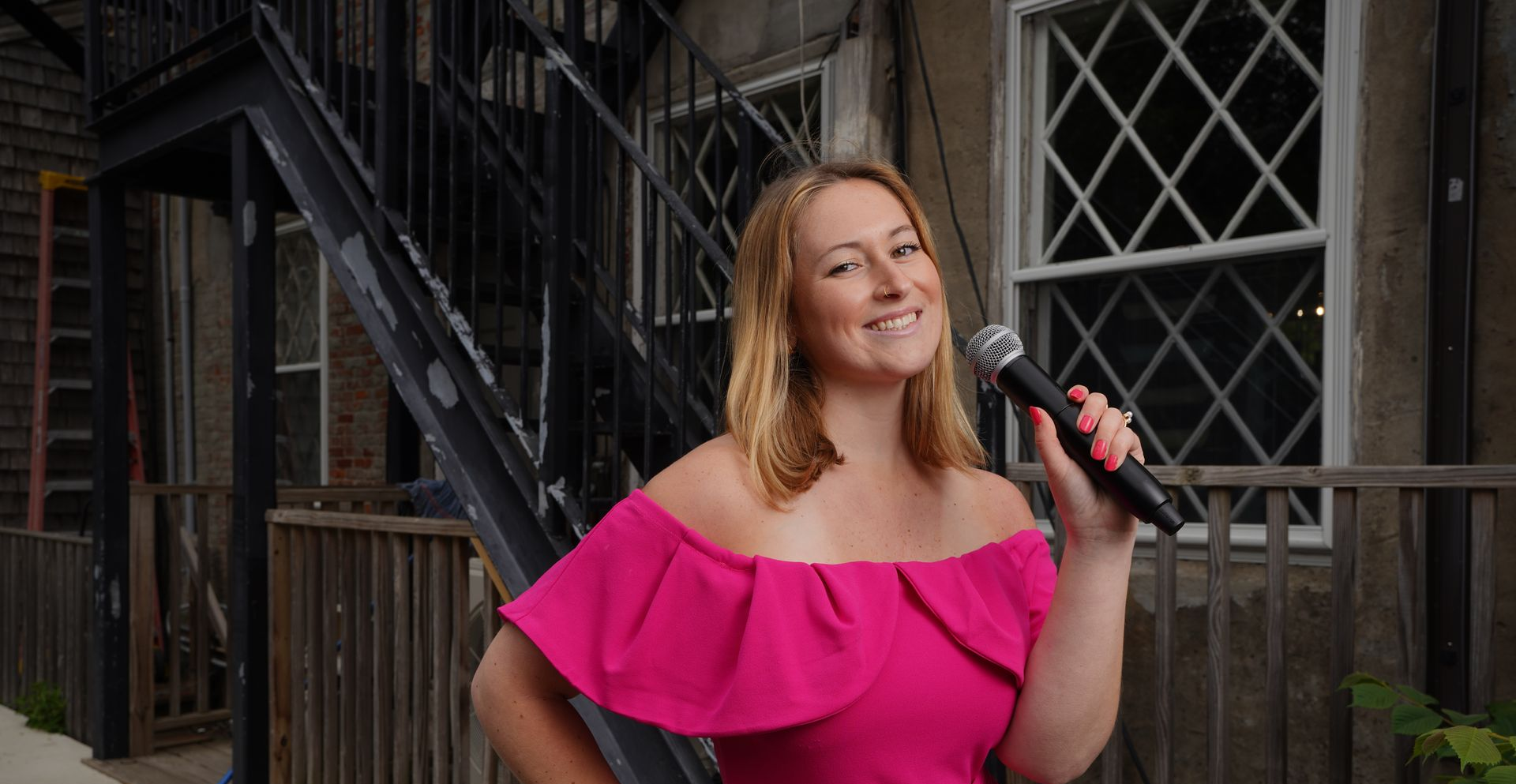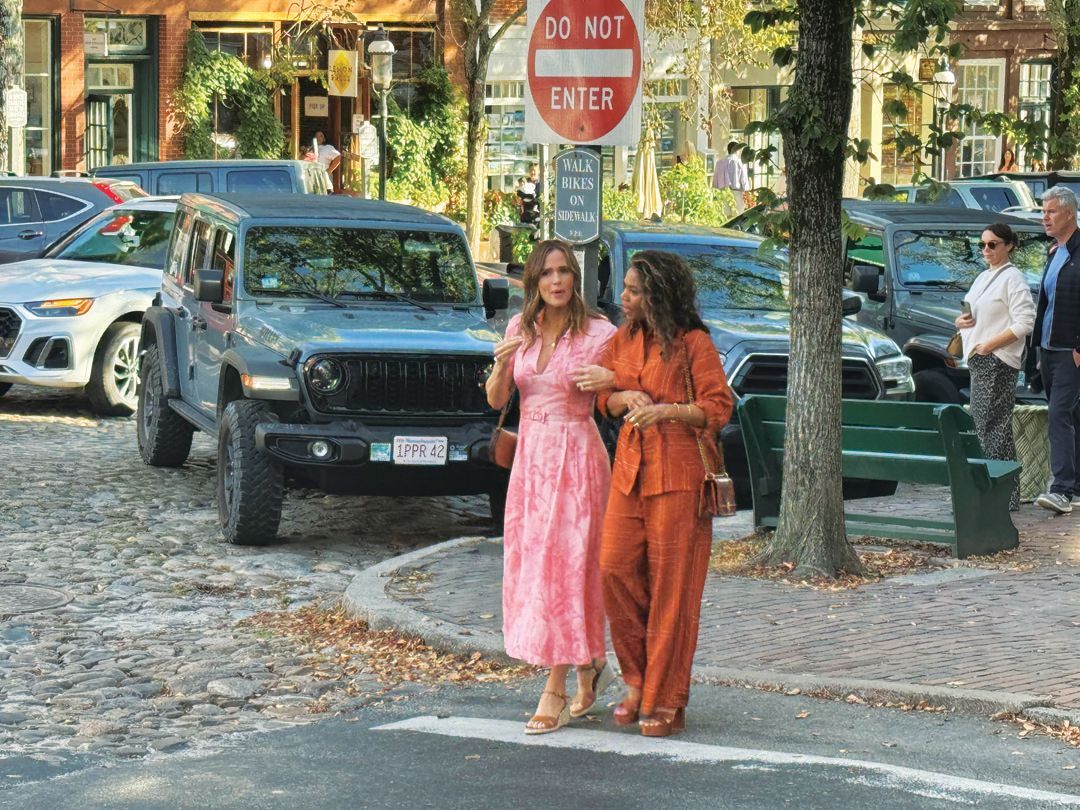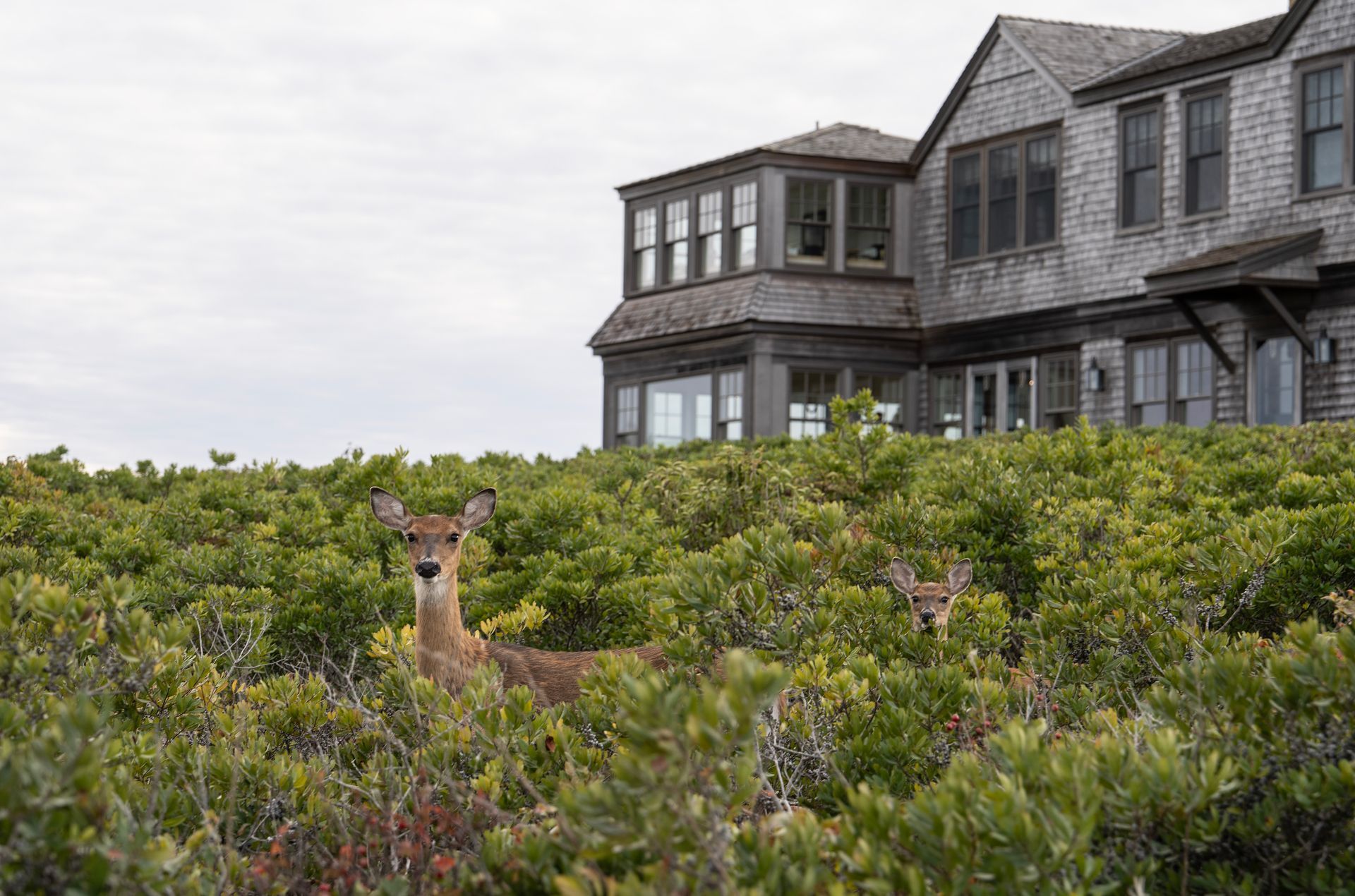Calming Down
Happy Place: A Wellness Symposium
Written by Greta Feeney
Photography by Charity Grace Mofsen
If you’ve ever wondered why Americans currently have the lowest life expectancy among high-income, industrialized nations, the newly reimagined Happy Place Wellness Symposium might be able to shed some light. While the slower pace and connection to nature remain essential parts of the Nantucket lifestyle, the hustle and bustle of today’s lifestyle can make it hard to slow down. So we turn to yoga, both as a meditative practice and for the health benefits it provides. Sunrise beach meditations, yoga by the lighthouse, biking along quiet lanes and farm-to-table meals all contribute to a state of physiological calm and emotional regulation—where the body feels safe, the mind is clear and healing can begin.
Wellness and positive psychology experts call this a “green zone”—a place that epitomizes the island’s distinctive atmosphere of holistic living. It is Nantucket’s uniquely restorative spirit that Joann and Ted Burnham of Dharma Yoga Nantucket, along with author Holly Ruth Finigan, aim to celebrate this summer for a reimagined version of the Nantucket Yoga Festival. After a five-year hiatus, the festival—now named the Happy Place Wellness Symposium—returns June 21-22 at the Dreamland with a renewed sense of purpose and an expanded mission—to serve as a call to action for those seeking vitality, connection and amore intentional life.
Here, 30 miles out to sea, those in pursuit of a deeper kind of well-being can find the space to rewrite their personal narratives—and to live a more meaningful existence. “Ted often says you are the author of your life,” says Joann Burnham. “We often forget that we get to write the script. The symposium is an opportunity to share tools and offer perspectives that may help people do just that.”
While its roots may lie in yoga, the wellness symposium now embraces nutrition, longevity science, therapeutic movement and meditation—underscoring that wellness isn’t just about looking and feeling good, but about being and doing good. The event’s producers have curated a global lineup—voices from medicine, movement, spirituality and storytelling—who will bring insight and depth to some of life’s most profound challenges.
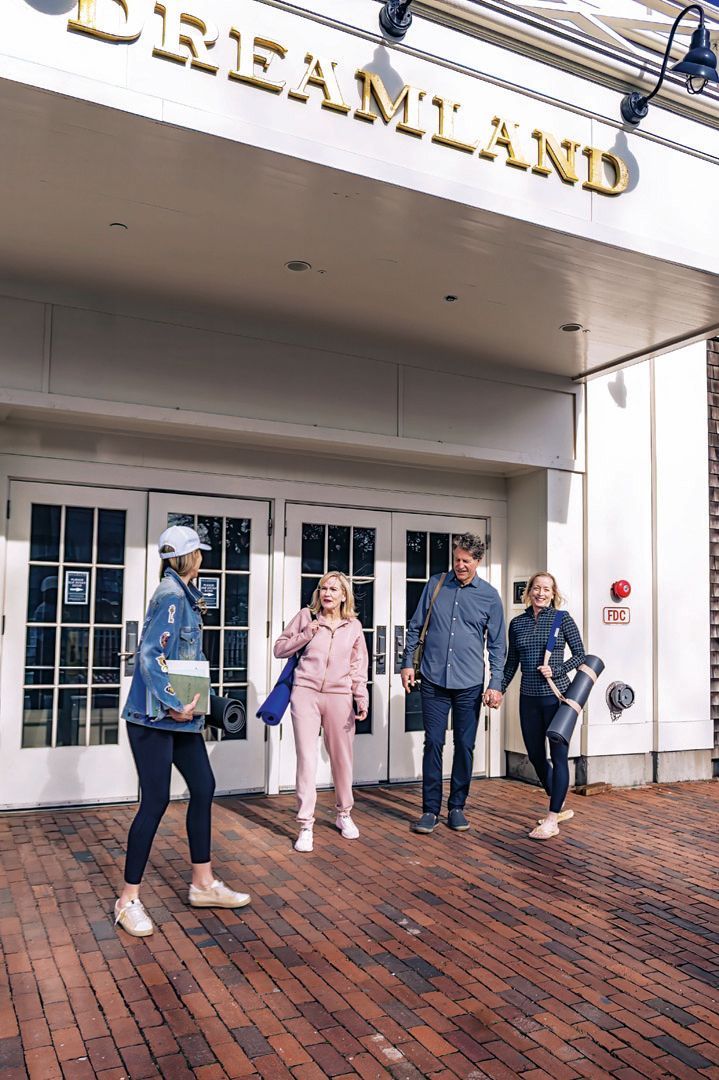
True holistic fitness, for example, includes the impact our thoughts, words and actions have on ourselves and those around us. Thom Bond—founder and director of education at the New York Center for Nonviolent Communication, creator of the global Compassion Course and self-described “peace engineer”—has taught compassionate communication to people around the world. At the wellness symposium, he’ll guide attendees in understanding compassion as a practical, learnable skill—one that can radically transform our relationships, deepen our self-awareness and strengthen our communities.
It’s the “connection and consciousness” layer of wellness and a timely reminder to take a breath and lead with empathy, especially while sitting in summer traffic. David McLain, a veteran National Geographic photographer has documented the lifestyles of the world’s longest-lived communities, known as the “blue zones.” His mission “to understand how the world’s oldest, healthiest people got that way” and then share that wisdom so “we may all live longer, healthier, happier lives” connects directly to the symposium’s themes of health, happiness and longevity. Showing how community, purpose and environment can foster well-being at any age, McLain invites us to apply those global lessons to our own blueprints for a happier, healthier life.
One of the wellness symposium’s central themes is the invitation to rethink how we engage with life’s most uncomfortable truths—especially around death and dying. In a post-COVID world, candid conversations about mortality might feel like a step backward. But what if they’re the key to moving forward? Jodi Wellman, a positive psychologist and author of You Only Die Once: How to Make It to the End with No Regrets, suggests that reflecting on our mortality isn’t morbid—it’s motivational. To jolt us out of autopilot and into a more intentional life, she argues, we must confront the end. Only by facing death head-on can we awaken to a deeper sense of purpose, urgency and joy.
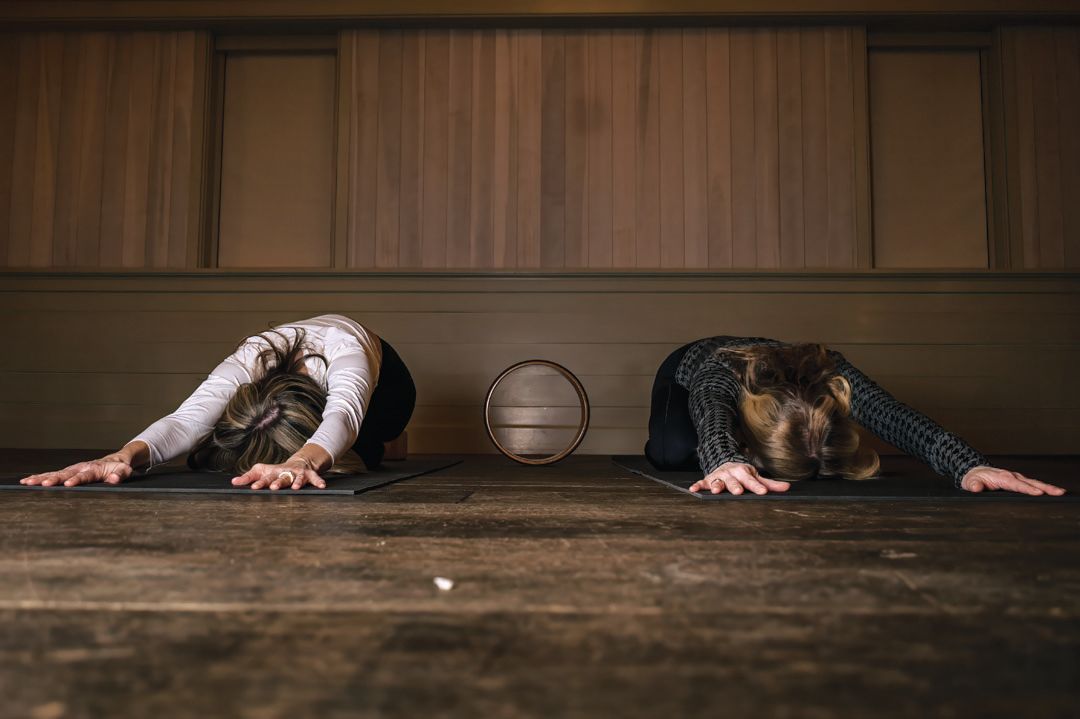
What if we reimagined movement not as punishment or performance, but as nourishment—something essential to our well-being? That’s the shared philosophy behind two of the wellness symposium’s featured speakers, who bring radically refreshing perspectives to our increasingly sedentary lives. Biomechanist Katy Bowman studies how the body moves and responds to physical forces, reframing movement as a form of daily nutrition vital not just for fitness but for cellular health. In her book Move Your DNA, she challenges us to move more and move differently, showing how even subtle motions—yes, even fidgeting—can feed the body. Her work invites us to reshape our environments to support more natural, varied movement throughout the day.
Ryan Hurst, fitness expert and co-founder of GMB Fitness, builds on this idea by transforming exercise into a practice of play. Instead of chasing reps or aesthetics, Hurst emphasizes the beauty and intention behind every movement. His approach fosters strength, ease and genuine joy—helping people feel more confident, capable and connected to their bodies. Together, these philosophies underscore a key message of the symposium: Wellness isn’t a grind—it’s a practice in presence, pleasure and daily renewal, and one that can add years to your life.
For Joann Burnham and well-being of our beloved island. ”The symposium is as much a local labor of love as it is a global gathering of minds. Peter Palandjian, CEO of Intercontinental (Marine Home Center’s parent company), emphasized the importance of such initiatives: “We take seriously our responsibility as an employer and supplier to the Nantucket community. Supporting the Happy Place aligns with our values around mental and physical health.” Late yoga instructor B.K.S. Iyengar imparted a lesson from yoga that hits the nail on the head: “Yoga teaches us to cure what need not be endured and endure what cannot be cured.

